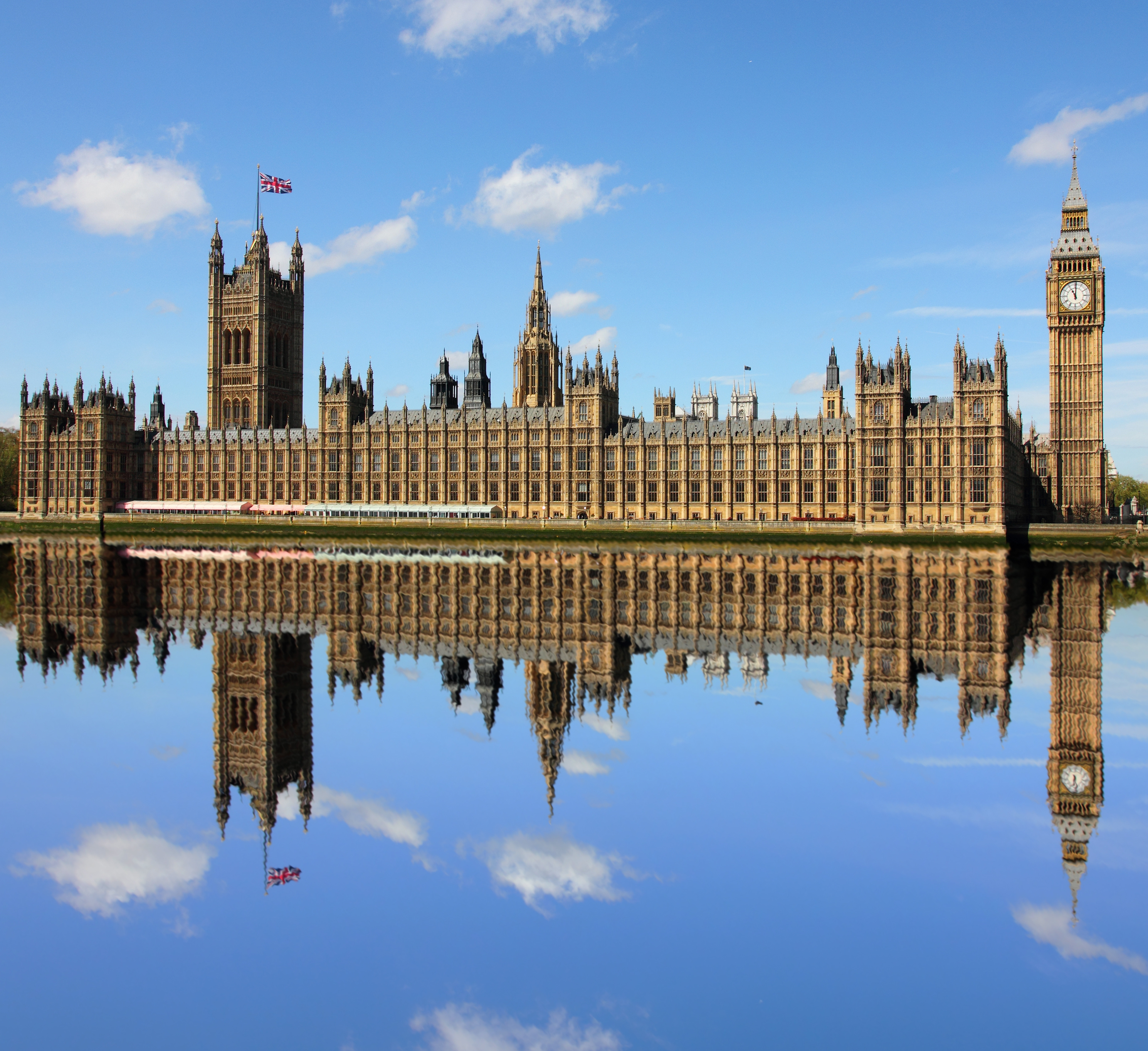
Everyone in public life commits to exercising the duties of their office with integrity, one of the seven Nolan principles. For elected politicians, who are obliged to make judgments involving difficult compromises as part of their governance role, standards of integrity may at times be given less weight than partisan considerations. There is no such flexibility for the unelected public servants who implement politically-determined policy goals. The resulting ‘integrity mismatch’ can lead to tension if, in performing their professional roles, public servants have strong ethical qualms about policy decisions they must implement.
Such tensions are inevitable, but they could and should be better understood and managed. Proposals to improve integrity in government by strengthening ethical watchdogs and their processes will not be effective without an accompanying focus on education and culture, including in relation to the integrity mismatch. Public servants should be trained to handle the ethics of implementing messy political compromises that may challenge their understanding of standards of integrity. This includes developing confidential ways for public servants to raise ethical concerns. Reciprocally, politicians should be trained in how to receive and weigh unwelcome advice on ethical standards in their decision-making roles.
In these ways, any integrity mismatch between elected politicians and unelected public servants would be better managed: politicians can pursue their policy goals flexibly, while taking account of advice from public servants to whom more rigid standards of integrity apply.
In this essay, Marcial Boo, Demos Trustee, Chair of Institute for Regulation and former Chief Executive of the Equalities and Human Rights Commission (2021-2024) Chief Executive of the Independent Parliamentary Standards Authority (IPSA) (2014-2020), and senior civil servant, examines what the concept of integrity in public life means, how the concept meets the reality of life in a political office and how this results in an ‘integrity mismatch’ between those in elected office and the public servants who work with them.
